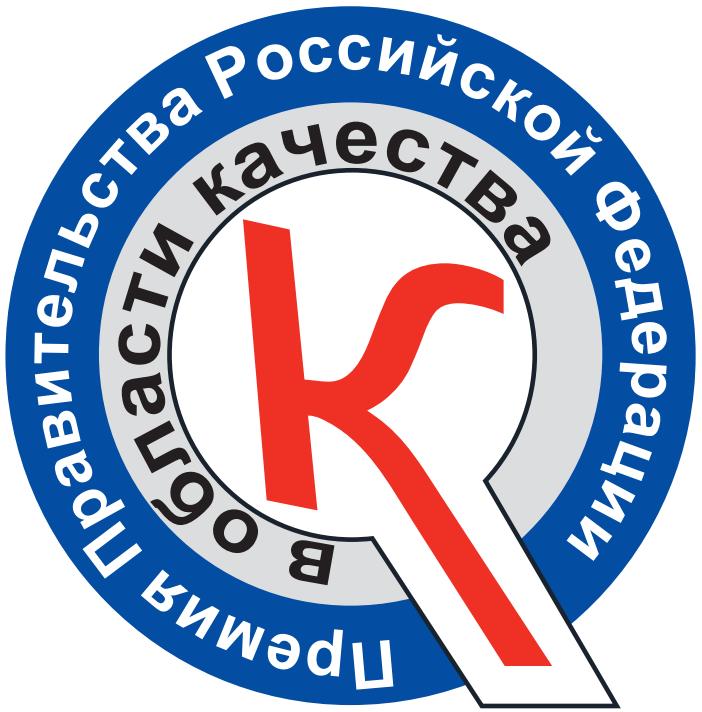Activity Overview
Within the nuclear charges (NC) development activities RFNC-VNIITF conducts investigations into regularities of NC behavior at a gas-dynamic stage immediately preceding a nuclear charge explosion. Various physical processes, such as shock and detonation waves, cumulation, turbulence, phase transitions, ionization, and many others take place during an explosion. Investigations into physics of shock and explosive phenomena are required to describe the NC gas-dynamic stage. RFNC-VNIITF is one of the world leaders and a recognized authority in experimental research in the fields of combustion and explosive physics and extreme states of matter.
The Gas-Dynamic Division has extensive experimental capabilities for gas-dynamic research and tests. It comprises a unique operative testing ground which allows conducting experiments of different scale. Having an extended infrastructure, the testing ground is equipped with up-to-date diagnostic facilities for high-speed processes.
The measurement complexes located at the testing ground include high-speed optical and flash radiography facilities, as well as electrical, laser, neutron, and other recording techniques for explosive and shock phenomena.
Explosives Research
High explosives (HE) are a source of energy that allows fissile materials to pass through a critical state. In the NC design, a set of specific requirements is imposed upon the material: high ability to accelerate, mechanical and thermal strength, physical and chemical stability, structural compatibility, manufacturability, resistance to accident-related exposures, and stability of detonation properties.
In addition to investigations into detonation and physical properties of explosive compounds, work on the development of explosive compounds with desired operation parameters is underway as a joint effort of the Gas-Dynamic Division and other scientific and production institutions.
We study the behavior of chemical reactions at the detonation front, the kinetics of explosive compounds initiation in various aggregate states.
Research in the Field of Shock and Explosive Physics
Shock waves are the key method of attaining extreme states of matter. To generate shock waves, RFNC-VNIITF employs explosive measuring devices and gun-type loading devices. To record the extreme states of matter, up-to-date dynamic measuring methods based on various physical phenomena and principles are used. RFNC-VNIITF conducts investigations into properties of structural materials and extraterrestrial materials (meteorites).
Safety Research
One of the new fields of work of our Institute is the research in the field of accident prevention at nuclear power plants. The Gas-Dynamic Division carries out experiments to determine the conditions at which explosive steam-hydrogen concentrations are reached, and certifies hydrogen recombiners.

